Last week I spoke with R. B. Wood about his latest novel, Bayou Whispers and what he learned about himself and the society he lives in while researching the book.
This week, Girl Meets Monster welcomes writer and reviewer Eva Roslin.

Twitter: https://twitter.com/EvaRoslin
Goodreads:https://www.goodreads.com/user/show/3562237-eva
Website/blog:https://roslineva.wordpress.com/
Three Questions
GMM: Welcome to Girl Meets Monster, Eva. This will be the final Fiction Fragments post before I take a brief hiatus. So, let’s jump right in and start with some serious questions about your writing. And, your experience as a reader, reviewer, and consumer of speculative fiction in general. I know that you read a lot, not just professionally but also for pleasure. What issues have you encountered with how disabled characters are represented in fiction, or disability in general? What do people get right or wrong? How can people who aren’t disabled write disabled characters authentically? Have you written about disability?
ER: Thank you for having me! The biggest issue I’ve encountered with how writers, particularly nondisabled writers, represent disabled characters is lack of research. If a writer has not done their homework, if they’re just guessing or making assumptions of what it “must” be like to live with a particular disability, and they don’t bother to speak to anyone in the disabled community they’re portraying, it leads to things like the ‘disability is a superpower’ trope. I’m a huge fan of Professor Xavier in the X-Men, for instance, but it bothers me that in some people’s minds, he matters and is “allowed” to be a central character only because he is a mutant who has superpowers that “compensate” for his disability.
I have both physical and intellectual disabilities, and I use a mobility device to help me get around. One of the tropes I despise features a nondisabled character posing as disabled to trick the other characters and then suddenly using a walking aid as a substitute for a sword. There’s also the trope where a character gets up out of a wheelchair and proclaims “Fooled you!” I love many, many things about Buffy the Vampire Slayer, but invoking this trope with Spike in Season 2 is not one of them.
There’s a tendency to make disabled characters one-dimensional or to equate disabilities with being evil and villainous, which I also think is very offensive.
Nondisabled writers who want to write disabled characters should start by looking into workshops like the fantastic Writing the Other series that Nisi Shawl and K Tempest Bradford operate. I think it’s also important to do as much research as possible. Many writers might assume that a few quick Google searches are adequate (spoiler alert: they’re not). As well, writers should pay attention to conversations within the disabled community online.
When it comes to my own fiction, I’m still hesitant to write about characters with disabilities because there’s the fear that I will get it wrong, or that my experiences will not resonate with other disabled folks, or that some nondisabled people will comment that the character doesn’t seem disabled enough, or just plain trolling. I’m working on ways to try to overcome that hesitancy.
GMM: Tell me about your writing. When did you begin writing dark fantasy and horror? Who or what were your first influences, and how has writing within these genres pulled on your personal experiences or helped you grow as a person?
ER: I started writing when I was 14. I loved Halloween growing up, and enjoyed shows like Are You Afraid of the Dark, superhero cartoons, as well as reading many of the Goosebumps books and other young adult horror. As well, I started reading Anne Rice at what was probably too early an age and that solidified my interest in genre fiction and began a life-long obsession with vampires. I also loved mob movies and video games thanks to my older brothers, so when I started writing, it was dreadfully bad screenplays based on Goodfellas. Soon after, I bought a video game featuring vampires that I had no idea would become the flame that fueled my desire to write. I still remember watching the opening cinematic and thinking, “This is amazing. I want to write something that makes people feel the same sense of awe as I do now.” The game was Soul Reaver, which is one of the most epic, finely-plotted stories in video game history.
Shortly after that, the first Underworld film came out, and that also fueled me to keep writing horror. I joined some online critique groups as well as a local in-person one that my mom had to accompany me to because I was still a minor. Although that group was mostly a bunch of old white dudes and a few women, it taught me important lessons on how to take feedback gracefully, how to provide it, and the fundamentals of good storytelling. I kept writing and most of my subject matter extended to fallen angels, demons, and went into a gritty urban fantasy direction. Richard Kadrey’s Sandman Slim and William Hjortsberg’s Falling Angel were both huge influences. Then, somewhere along the way, my work and interests morphed into something more subtle. I began to write Southern Gothic stories, which I realize is ironic because I’m neither American nor am I from the South. Around the same time, I started researching Haitian vodou, learning about the West African roots of the religion, and discovered the history of these regions. It was important for me to see how all of that transformed into Louisiana voodoo and the pop culture derivations that followed. This inspired my obsession with New Orleans, a setting that features prominently in my work.
When I was a teenager, I had that horrible phantom pressure inflicted on me to “hurry up because if you don’t publish a novel by the time you’re 25, you will lose your chance forever!” And then 25 became 30 until I worked harder on understanding that these are arbitrary benchmarks that other insecure people set up, and it’s part of the theatre of literary snobbery. My experiences working in the publishing industry doing marketing and PR showed me firsthand which books sell and why, which books don’t, all the work that goes into promotion and working with authors, and how dispiriting it was to get unsold copies back to the warehouse. When reviewers did not have favourable feedback on one of the titles we were pushing that season, that was always tough. It made me more cynical for a long time, but it also helped me see things from the business side, which was educational in many ways.
I don’t experience the same sense of catharsis that some horror writers describe, but I definitely bleed on the page. When I was writing urban fantasy, it was much more a wish fulfillment fantasy of including these kickass female protagonists who didn’t take any guff, but were incredibly self-centred and one-dimensional in many ways. For a long time, I avoided writing from the wounds and scars that have shaped me because I was worried about being dismissed with labels like “semi-autobiographical,” or “B-movie genre pulp.” I fixated on people’s reactions. Gradually, I am learning to break away from that and I’m writing from darker places. This has been more traumatizing in some cases, but I feel that I’m taking bolder strides and I’m less afraid as a writer in some ways.
GMM: You are currently writing a novel. Is this your first novel? What is it about? What has the process been like for you as you draft the manuscript? What have you learned about yourself as a writer, and what have you learned about writing in general?
ER: This is the eighth novel I’ve written. It’s a young adult dark fantasy novel about a group of young women in New Orleans in the 1850s. They learn witchcraft at an Academy that disguises itself as an Ursuline convent and school. A very dangerous witch that they thought they’d sealed away for good has found a way to return, and the main characters need to figure out a way to stop her before she unleashes even more havoc. There are vampires and werewolves who also get tangled into the fray.
I’ve learned that it’s important to be true to what I want to write and to stop fixating so much on the negative energy some folks insist on spreading. As well, I’m also learning that no matter how much work I have done whether it’s research or incorporating feedback, that we don’t have any control over how readers will respond to our work. Still, it’s important to have a vision of what it is we’re trying to accomplish, and to continue persevering no matter how many times we get kicked down (which I know is easier said than done).
Thanks so much for having me, Michelle!
(From an unpublished short story, “His Heart Beats in the Fire”)
“Miss Malveaux?”
Charlotte jolted as she realized her mind had drifted whilst talking to this handsome suitor.
Before she could respond, Father’s other daughter, Olivia, bumped into Charlotte.
“Pardon me, Lottie!” Olivia squealed with laughter. She looked like a pink cloud in her dress, her cheeks and lips stained with cerise rouge.
“There you are!” Father pulled Olivia into a hug, and kissed her forehead. He had never once come close to regarding Charlotte with anything resembling affection. In his mind, Olivia would forever be his one true daughter. “You are a stray dog. I adopted you because my first wife wished it,” he had said to Charlotte on more than one occasion.
Elijah stared at Olivia, transfixed. A crack formed in Charlotte’s heart at that moment, as if a knife had slashed her. She knew then that whatever chance she may have had with Private Kemper evaporated like dust.
“Olivia was just saying…” Father walked away with Olivia and Elijah, Charlotte forgotten. His words echoed in her mind. Simian blood. She approached the live oak in front of her and brushed her hands over the bark. Memories filled her mind of this spot where her grandmother, Betsy, had been hanged. She had been six at the time. She clutched her locket and breathed, trying to wrench her thoughts from that day.
Images flashed in Charlotte’s mind. The noose that broke Betsy’s neck. The flames that sprang from Charlotte’s hands.The family told tales that Betsy shed her skin at night, a witch who practiced dark magic. Father blamed the ailing slave woman for failing to cure his first wife of consumption. It would not be until many years later that Charlotte would learn of his deception, that he had Betsy hanged to teach the other slaves a lesson.
Something tapped her on the shoulder a moment later. When she whirled, a man with dark eyes and hair examined her, his cheeks angled and sharp. Beside him stood Ava.
“This is Corporal William Rawden, Lottie,” Ava said.
She held out her hand. While he brought it to his lips, bowing slightly, he regarded her as though he were reading a journal of the news of the day. He frowned.
“How do you do,” she said.
“I was just mentioning to the Corporal that we have an elder daughter, and he expressed to me that he wished to be introduced to you.”Charlotte wanted to scoff, to tell him she was sorry to have disappointed him by not being Olivia. “Charmed.”
He smirked. “I hear you are quite a respectable young lady, apart from a certain, shall we say, indiscretion.”
“I beg your pardon?” she said.
He brought his face a bit closer to her. “Your true race.” His mouth reeked of tobacco and whisky. “Your father told me. Still, since your other sister seems to be preoccupied with other, blonder interests, I thought I would see if you might do just as fine, provided a little extra compensation.” He tapped his right pocket. Instead of telling him to get away from her and burn, she held her tongue and stretched her mouth into another saccharine smile, trying to imagine when the day might end.
Do you have a fiction fragment? How about your friends? Would you like to recommend someone to me aside from yourself? Drop me a line at chellane@gmail.com. Fiction Fragments will be on a short hiatus. Stay tuned, and see you soon!
Guidelines: Submit 500-1000 words of fiction, up to 5 poems, a short bio, and a recent author photo to the e-mail above.

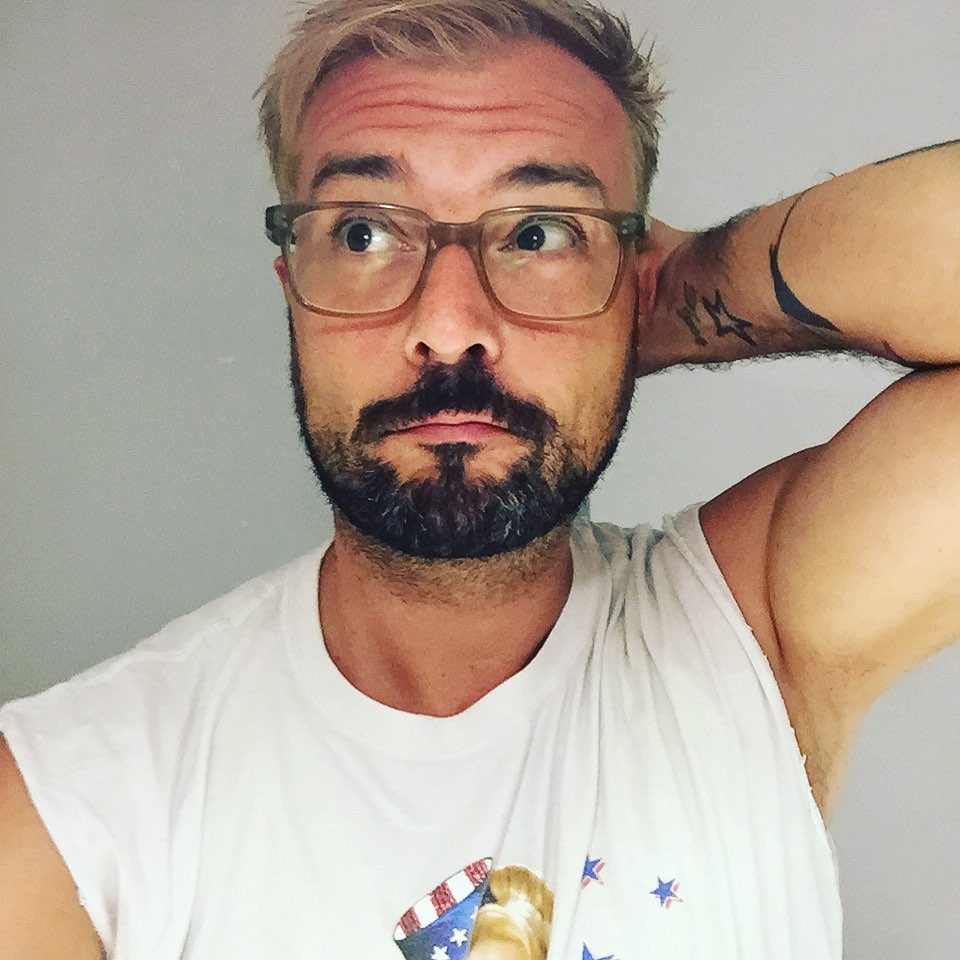
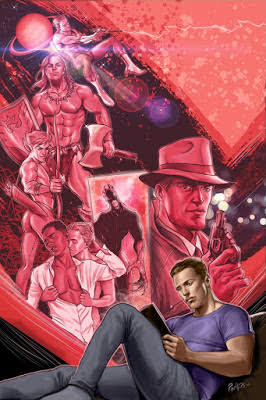






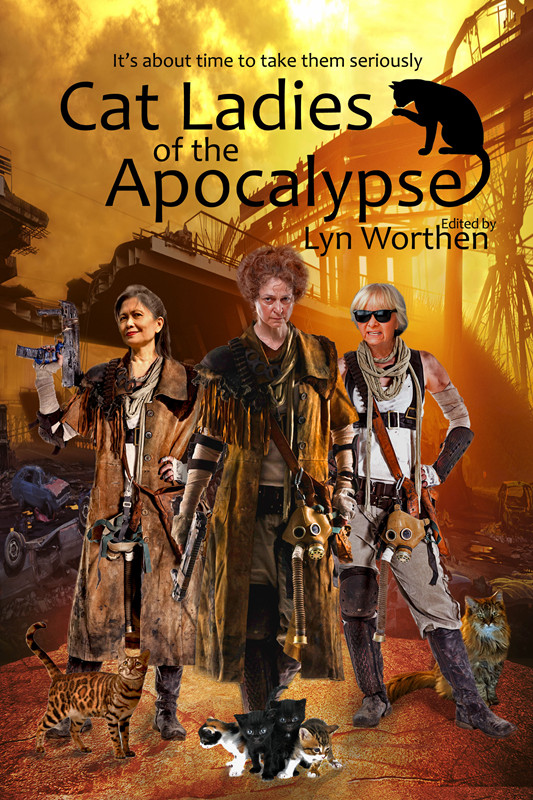
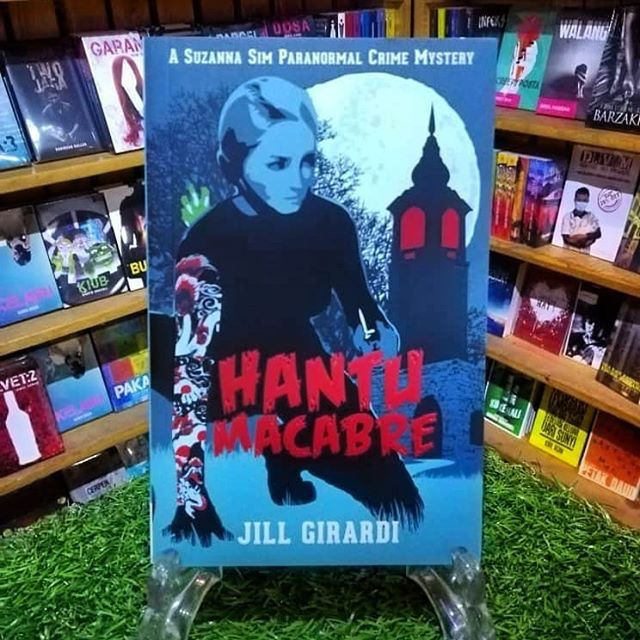



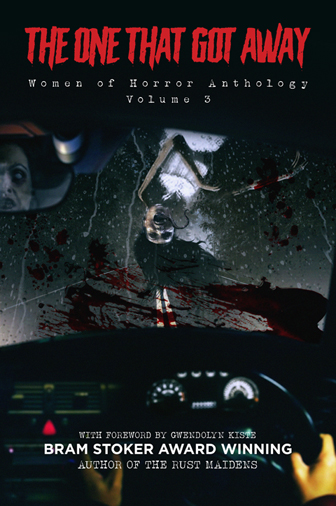

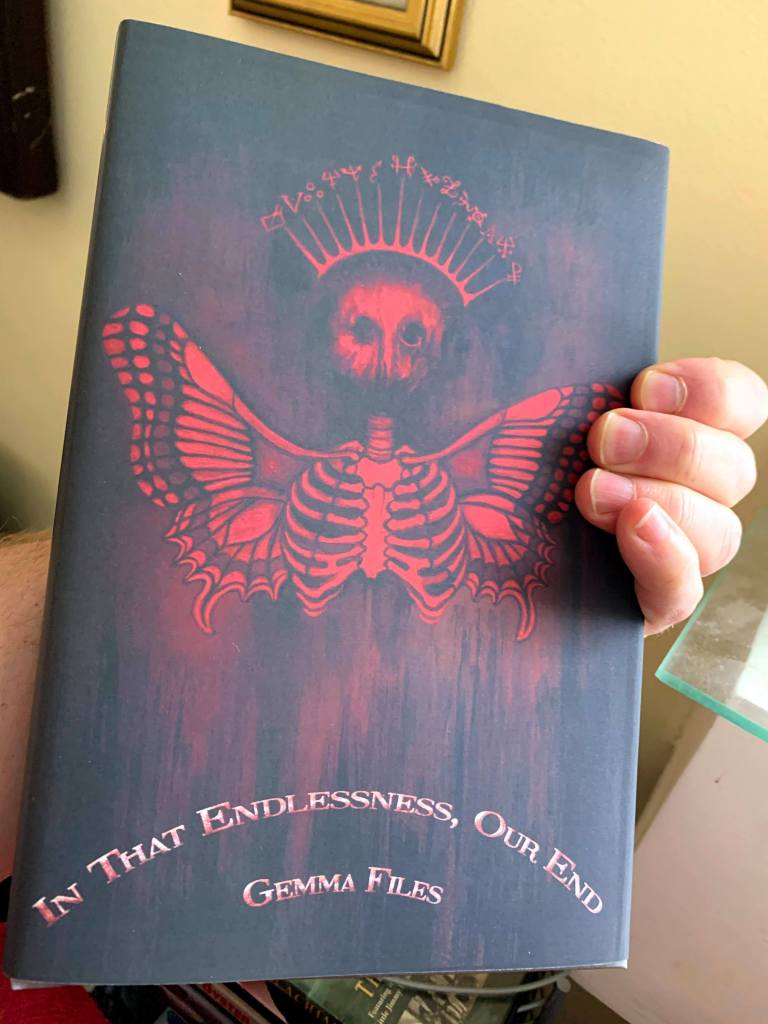
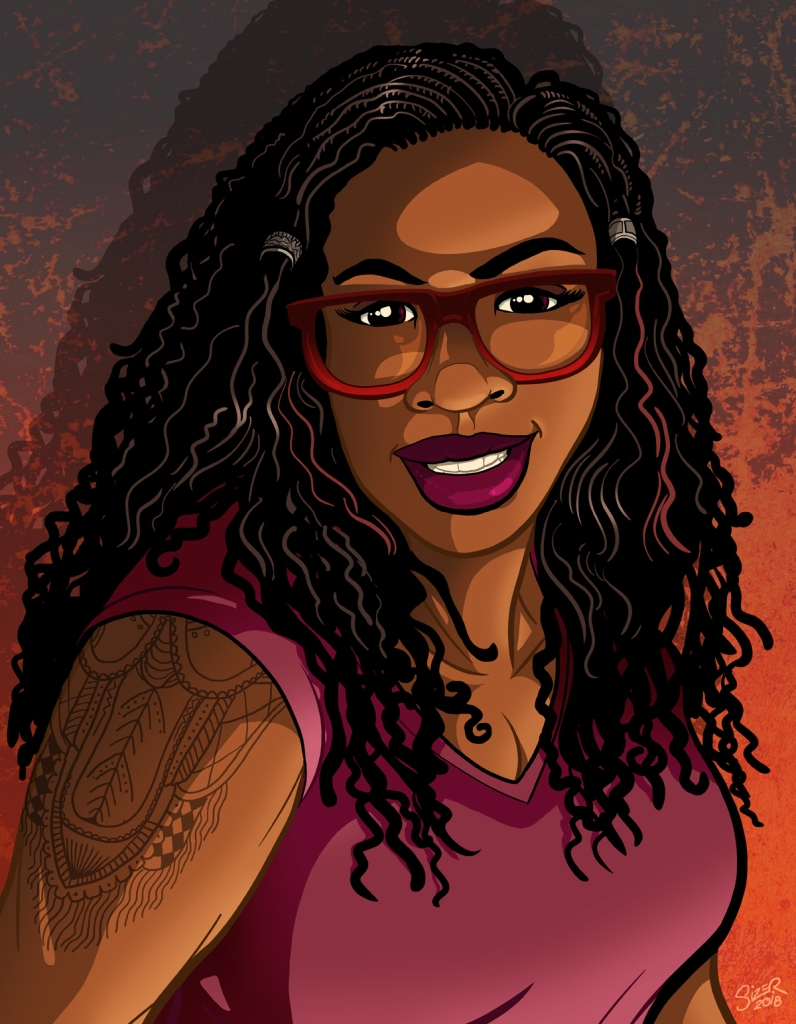

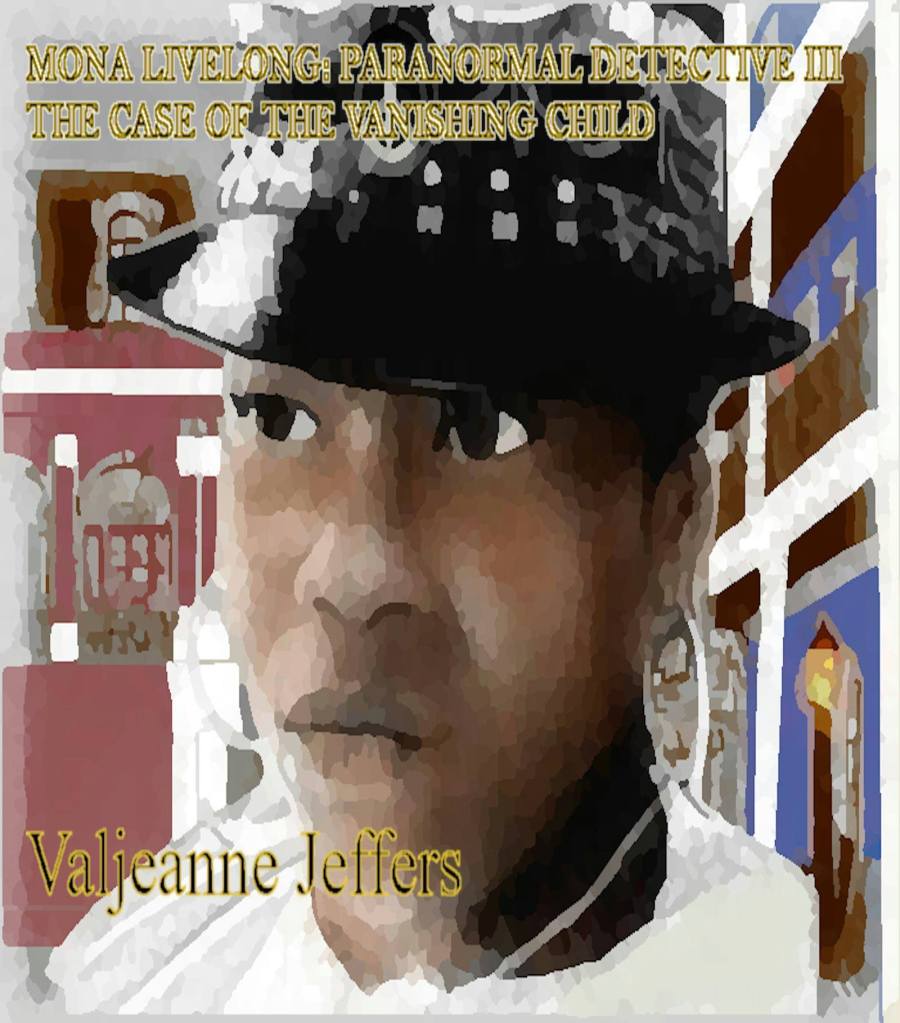
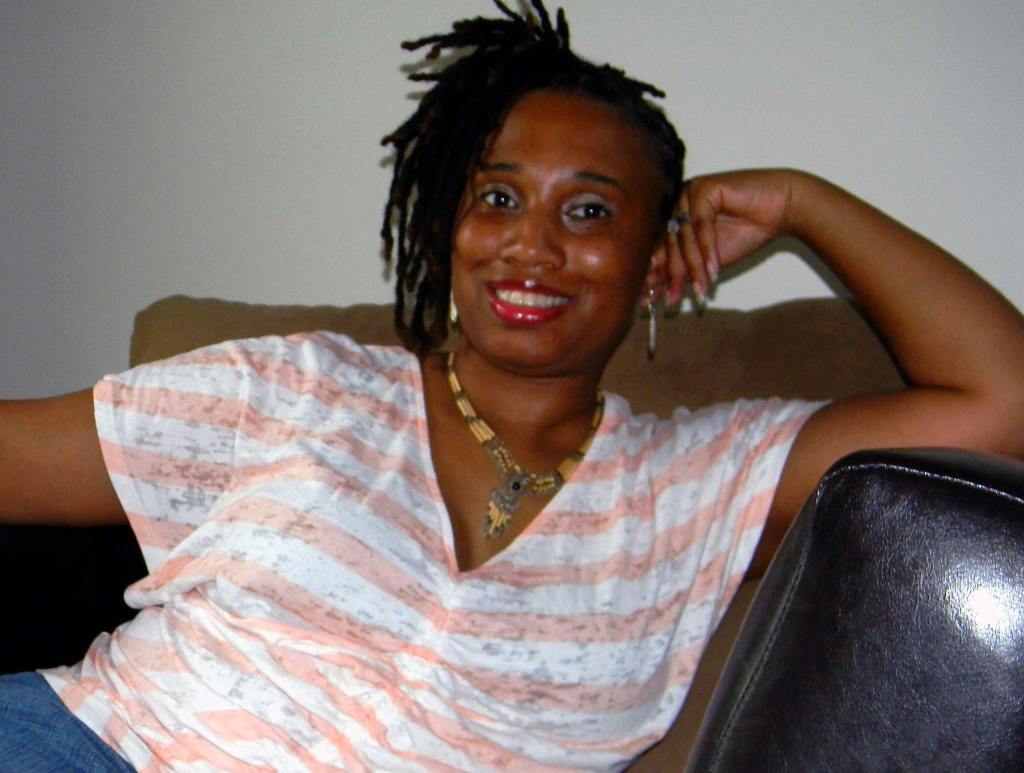
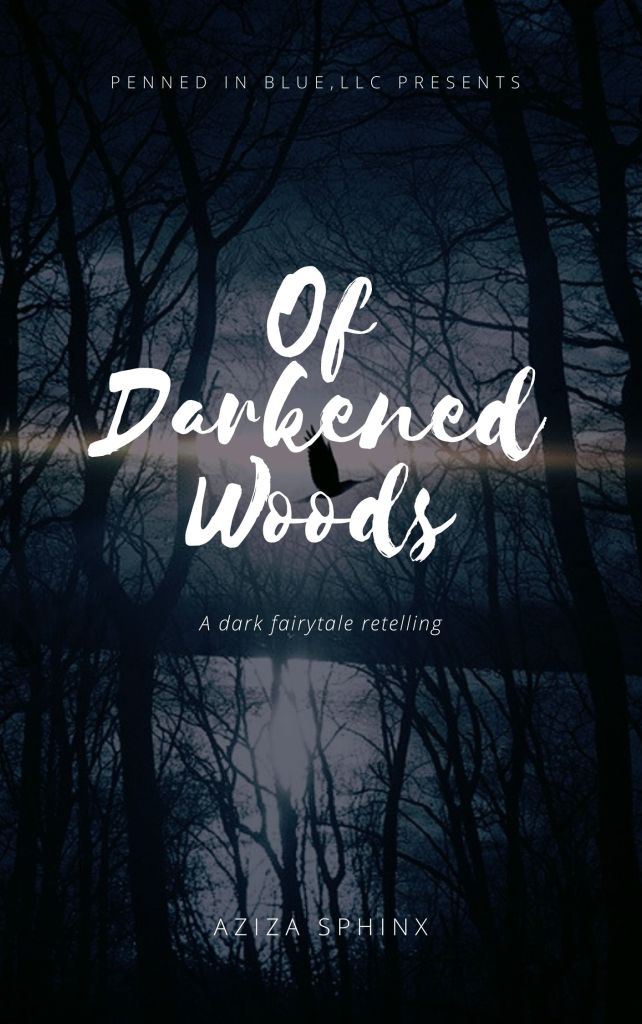
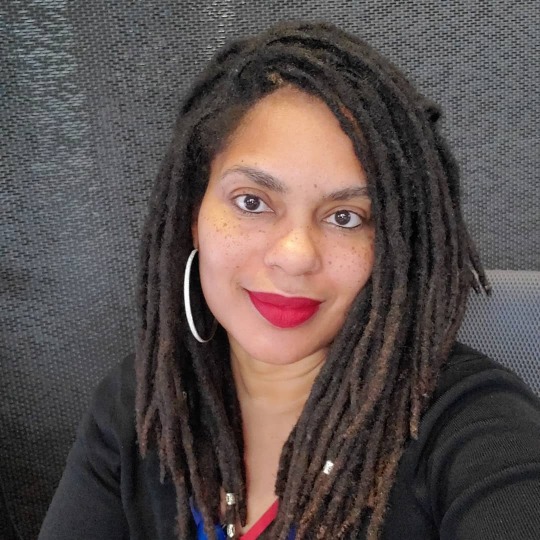
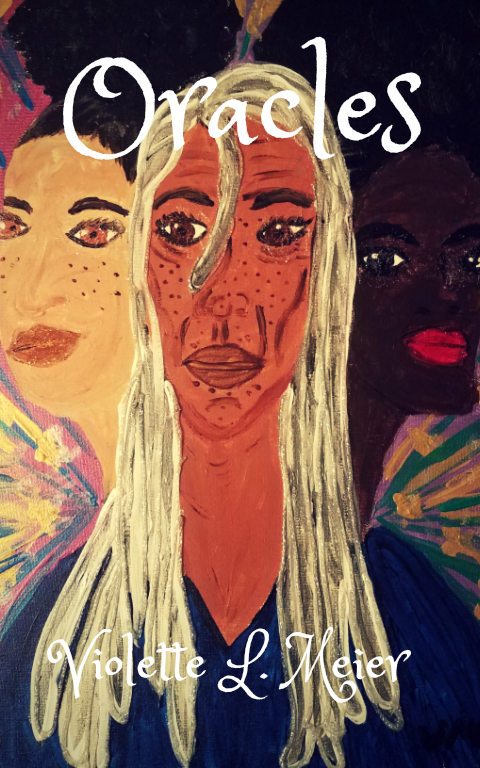
You must be logged in to post a comment.